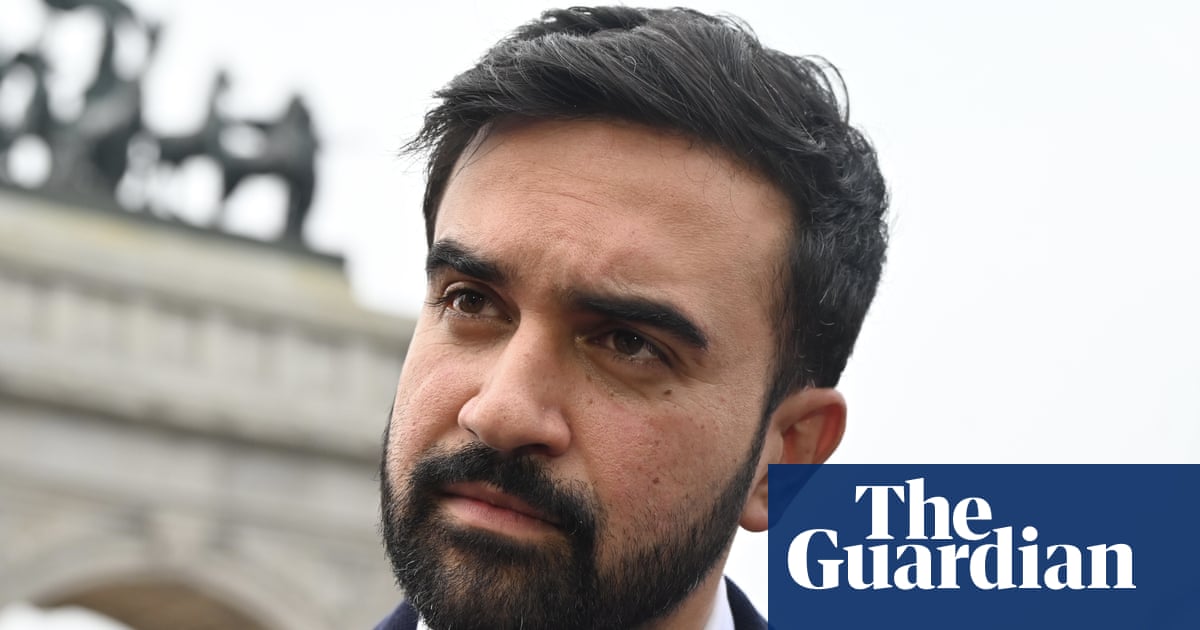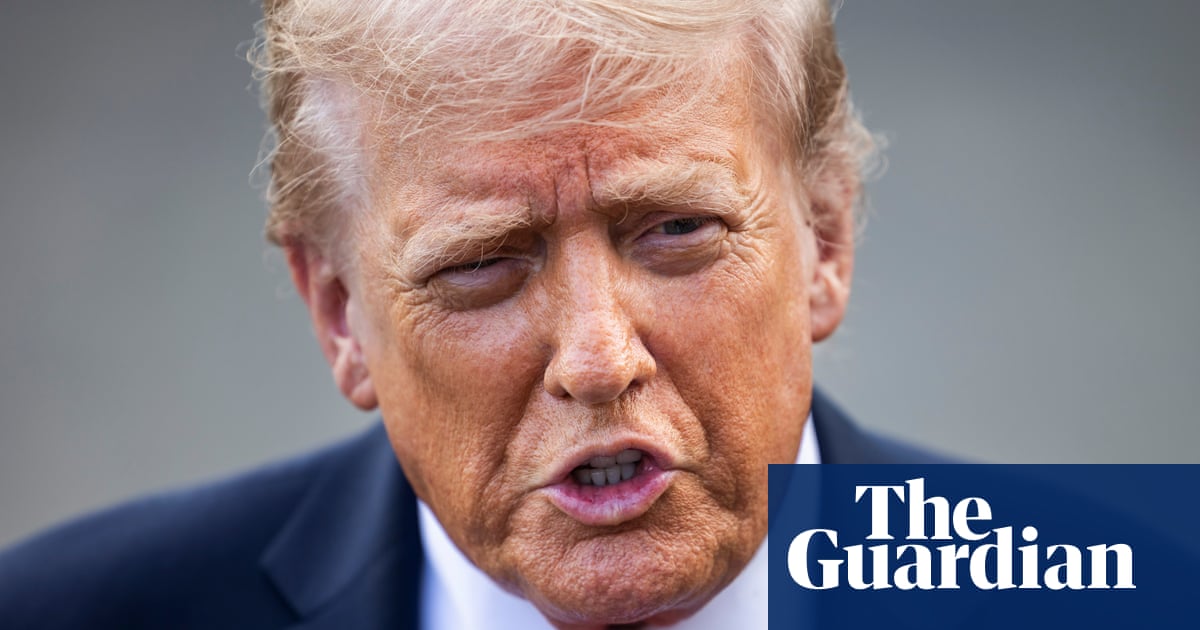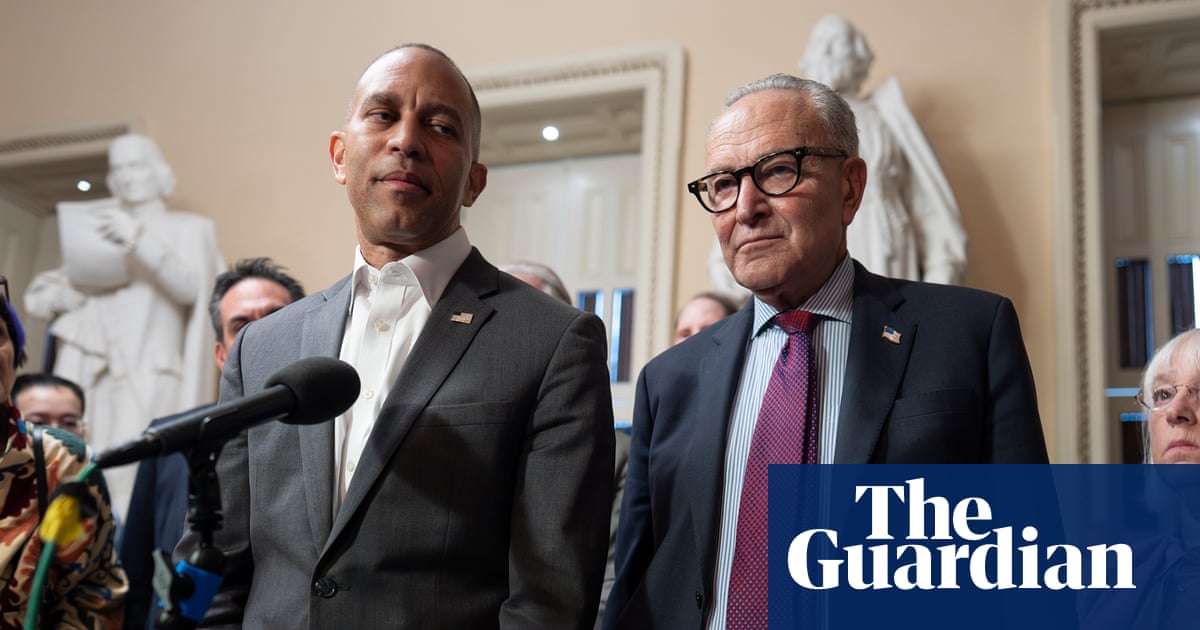Charlie Kirk, the far-right activist killed this week while speaking at a campus event at Utah Valley University, never graduated from the community college he briefly attended. But his lack of a degree didn’t stop him from assuming a defining role in the ongoing transformation of US higher education.
Kirk pioneered a style of ideological warfare against what he viewed as bastions of leftism, helping turn campuses into cultural battlefields and paving the way for Donald Trump’s unprecedented campaign to weaken American universities and subject them to his movement’s ideological agenda.
“Charlie Kirk will be remembered as one of the foremost architects of the political strategy of treating faculty and students with whom he disagrees as enemies to be defeated,” said Isaac Kamola, a political science professor at Trinity College whose research focuses on conservative efforts to undermine higher education.
Kirk’s murder at the age of 31 followed more than a decade of on-campus activism, which was characterized by his staunch bigotry and Christian nationalism; hundreds of often incendiary “debates” – his favored medium; and the 2012 establishment of Turning Point USA, a conservative powerhouse that calls itself, with more than 900 chapters, the nation’s largest youth movement. Starting from his parents’ garage in suburban Chicago, Kirk often boasted, the movement grew one viral attack line at a time, supercharged by social media’s conflict-rewarding algorithms.

Kirk wore his lack of a degree as a point of “pride”, he told California governor Gavin Newsom in a podcast interview earlier this year, and as ammunition for his characterizations of American campuses as elitist and out of touch.
“I didn’t even graduate community college,” Kirk said. “I represent most of the country. Actually, still, the majority of the country does not have a college degree and if I may, you know, bluntly critique the Democratic party, you guys have become so college-credentialed and educated that you guys snobbishly look on the muscular class of this country.”
While Kirk had in recent years moved from campus activist to the upper echelons of Republican politics and Trump’s inner circle, on university campuses he will mostly be remembered for his role galvanizing the so-called “culture wars” with his regular diatribes against diversity initiatives, immigration and minority groups. Kirk emboldened conservative students to turn on faculty and classmates, established a “professor watchlist” for faculty it accused of spreading “leftist propaganda”, and embarked on an anti-woke crusade that has since become official government policy.

“Turning Point was not the first group to target professors, and of course attacking higher education is not new,” said Matthew Boedy, a professor of English at the University of North Georgia who has been studying the group and its founder after being targeted on its watchlist. “What Turning Point did was take the traditional, old ways of conservatives fighting the culture war and translated it into millennial speak.”
Katie Gaddini, a history professor at Stanford University who studies US conservatism, recalled seeing Kirk speak at an event years ago, where he boasted that if given 15 minutes with any college student, he could “de-program years’ worth of indoctrination”.
“His whole mission, and Turning Point’s original mission, was what he called de-programming the woke indoctrination that he thought was taking place on college campuses,” she said. “And of course, we’re seeing the contestation over what can be taught in college campuses playing out on a macro, policy-level scale right now.”
Beyond the campus wars
If Kirk’s aggressive, often rude style and frequent forays into explicit racism and sexism ruffled feathers with more traditional conservative groups on campus, he quickly surpassed them in relevance. Boedy recalled attending an event with Kirk and Black conservative activist Candace Owens, a TPUSA veteran who resigned from the organization in 2019 after making comments in which she appeared to defend Adolf Hitler. When a group of Black students raised their fists and walked out of the event in protest, Kirk and Owens mocked them and stirred the crowd to cheer them off. “It was emblematic,” said Boedy. “They’re in it for the culture war and that does mean warring against other people.”
Hasan Piker, a leftwing political commentator who rose to prominence about the same time as Kirk and had been scheduled to debate him in two weeks at Dartmouth College, said that while Kirk wasn’t the first to debate speakers on opposite ends of the ideological spectrum, “he was able to serialize this format better than other people, especially because he had a lot of institutional backing”.
“He was a true operative,” Piker added, noting that his relationship with Kirk had been “cordial” even as their worldview was “diametrically opposite”. Still, he cautioned against interpreting Kirk’s predilection for debates as a sincere effort to engage in an argument.

“It’s being presented right now with this notion that everyone was doing these debates because they wanted to arrive at the truth,” said Hasan. “The ultimate purpose of these sorts of debate culture, focused video sequences, is not to actually arrive at some kind of hidden truth through discourse or the Socratic method, but more so to just ritualistically humiliate your interlocutors.”
Kirk’s influence soon expanded well beyond campuses, said Boedy, whose forthcoming book examines Kirk’s mobilization efforts in churches, media and beyond. “Turning Point expanded beyond merely college campus wars. Kirk used the college campus wars as a springboard to talk about the larger national culture war,” Boedy added, noting that TPUSA now has more high school chapters than it has college ones, and that the group is also involved in canvassing for conservative candidates.
TPUSA “incubated” more than 350 rightwing influencers over the years, the group said last year, and more recently Kirk had also taken his activism abroad, promoting Turning Point chapters in the UK and Australia. In May, Kirk debated the Oxford Union’s president-elect, and earlier this month he traveled to Japan and South Korea to spread his message before new audiences.
Kirk successfully tapped into conservative students’ feelings that they had been persecuted on campus by intolerant liberals. Now, his killing risks turbocharging those grievances. “There is now proof in the minds of a lot of young conservatives that they are persecuted for their views on college campuses,” Gaddini said.
As some brace for retribution from the president, others warn that the chilling effect of the violence will be devastating for universities already battered by months of conflict and division.
“This is a terrible day,” said Kamola, the Trinity professor. “Even if we disagree, the project of teaching and learning, and pursuing knowledge, is fundamentally threatened by violence.”

 German (DE)
German (DE)  English (US)
English (US)  Spanish (ES)
Spanish (ES)  French (FR)
French (FR)  Hindi (IN)
Hindi (IN)  Italian (IT)
Italian (IT)  Russian (RU)
Russian (RU)  4 hours ago
4 hours ago
























Comments